June 11 is National Call Your Doctor Day. The day was established to remind women to call their doctor to schedule an annual exam and a preventative check-up. It’s easy to get caught up in the busyness of life; juggling work, kids, school schedules, and all of life’s chaos can cause you to sideline your health. Prioritizing your health ensures you can keep doing what you love for a long time. This week on Fox 17, Dr. Bitner shares a few tips to promote an open dialogue between women and their doctors. But first, you have to schedule an appointment!
Prepare questions ahead of time. When getting your annual check-up, sometimes you have limited time and cannot ask your doctor all your questions, or you may forget them. To ensure you receive proper care and peace of mind, write down questions relevant to your health. Here are a few to help you started:
A physical exam evaluates:
Regular physical exams help in the early detection and management of potential health issues. An annual physical exam is recommended to monitor overall health. During these appointments, it is a good time to bring up concerns or questions you may have about your health.
Blood work examines:
Regular blood work monitors key health indicators and addresses any potential issues. It increases early detection of disease and health risks and provides more detailed information that can guide you and your doctor’s discussion.
Other regular screenings that are crucial for maintaining health and preventing serious diseases:
These screenings provide key information for early detection and are a proactive step toward a healthy future. Talk to your doctor about what tests are needed based on your risks and current factors.
Check to see if you are up to date on your vaccines:
Staying current on your vaccines protects you and others from preventable diseases.
Jane, 43, realized it had been a while since she had a doctor’s appointment and decided to call and book one. Her doctor scheduled bloodwork before the appointment so they could review it together.
Jane’s bloodwork showed normal cholesterol, blood sugar, and thyroid. Her blood pressure and weight were within a good range, and her physical evaluation was normal. Her doctor recommended the HPV vaccine because she had never had it, as well as Hep B. Jane wondered why she should take the HPV vaccine if her PAP smears were always normal and negative for HPV. Her doctor shared HPV causes otherwise preventable cancers, including cervical, rectum, and throat cancer. Jane could still get it as an adult over 26 because HPV is common and easily transmittable among unvaccinated adults.
Jane gladly received the 3 shots over 7 months and felt good knowing she was doing everything she could to stay healthy.
It’s time to schedule an appointment with your doctor! At True, you can easily schedule an appointment via text, phone, or in person at our office. Remember to advocate for yourself and get ahead of your health by scheduling regular exams and screenings. Your future self will thank you.

CONTACT US
SUBSCRIBE